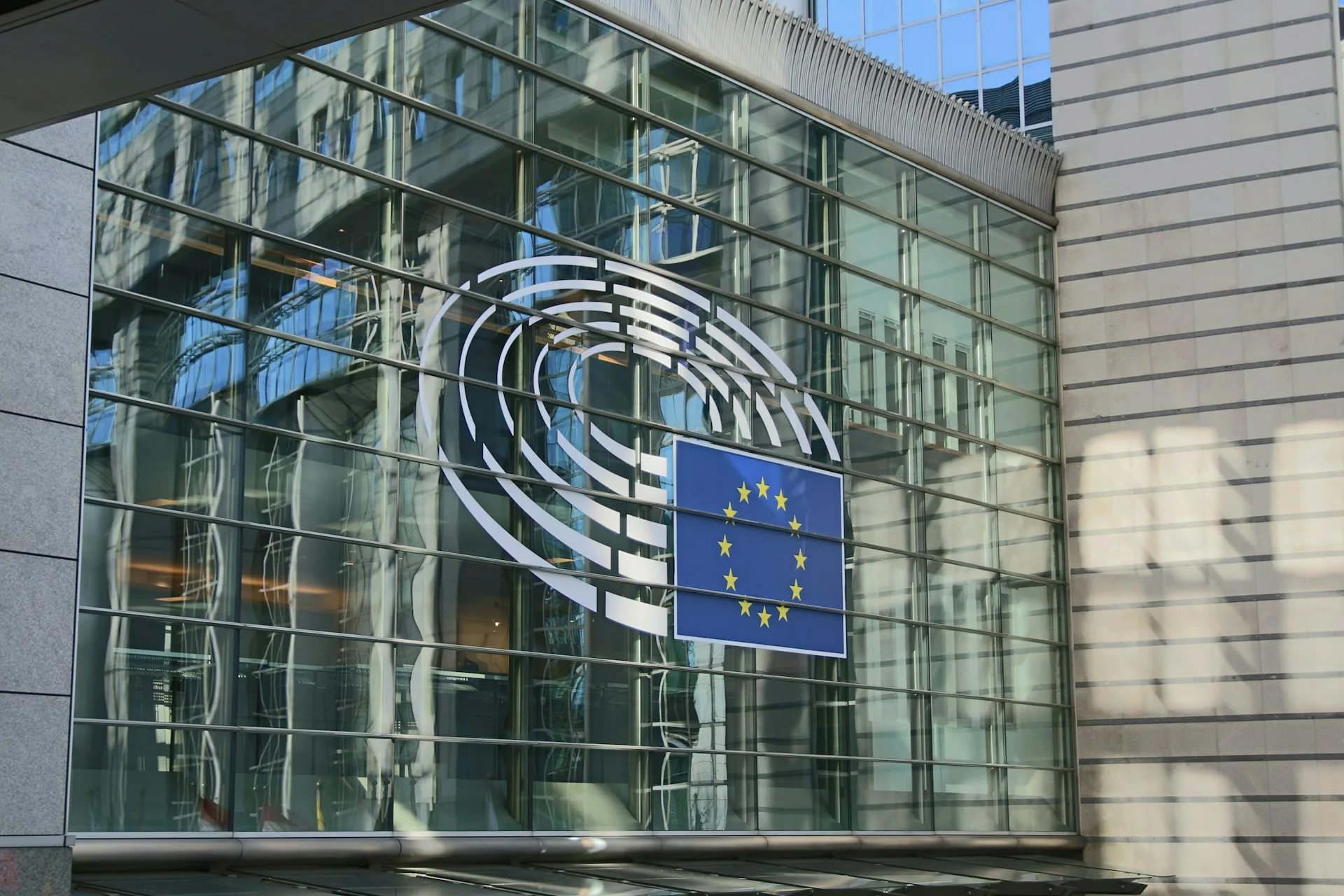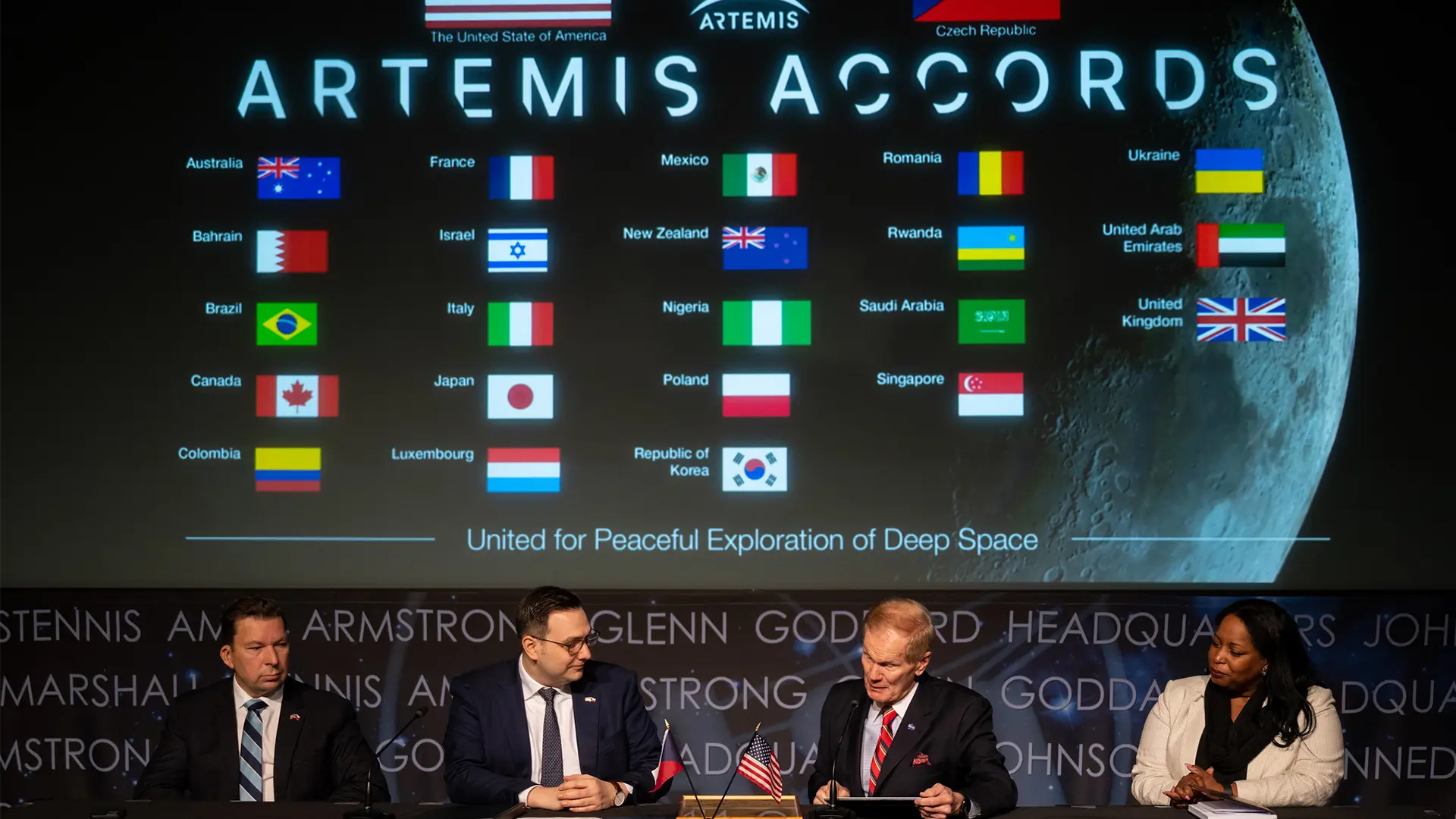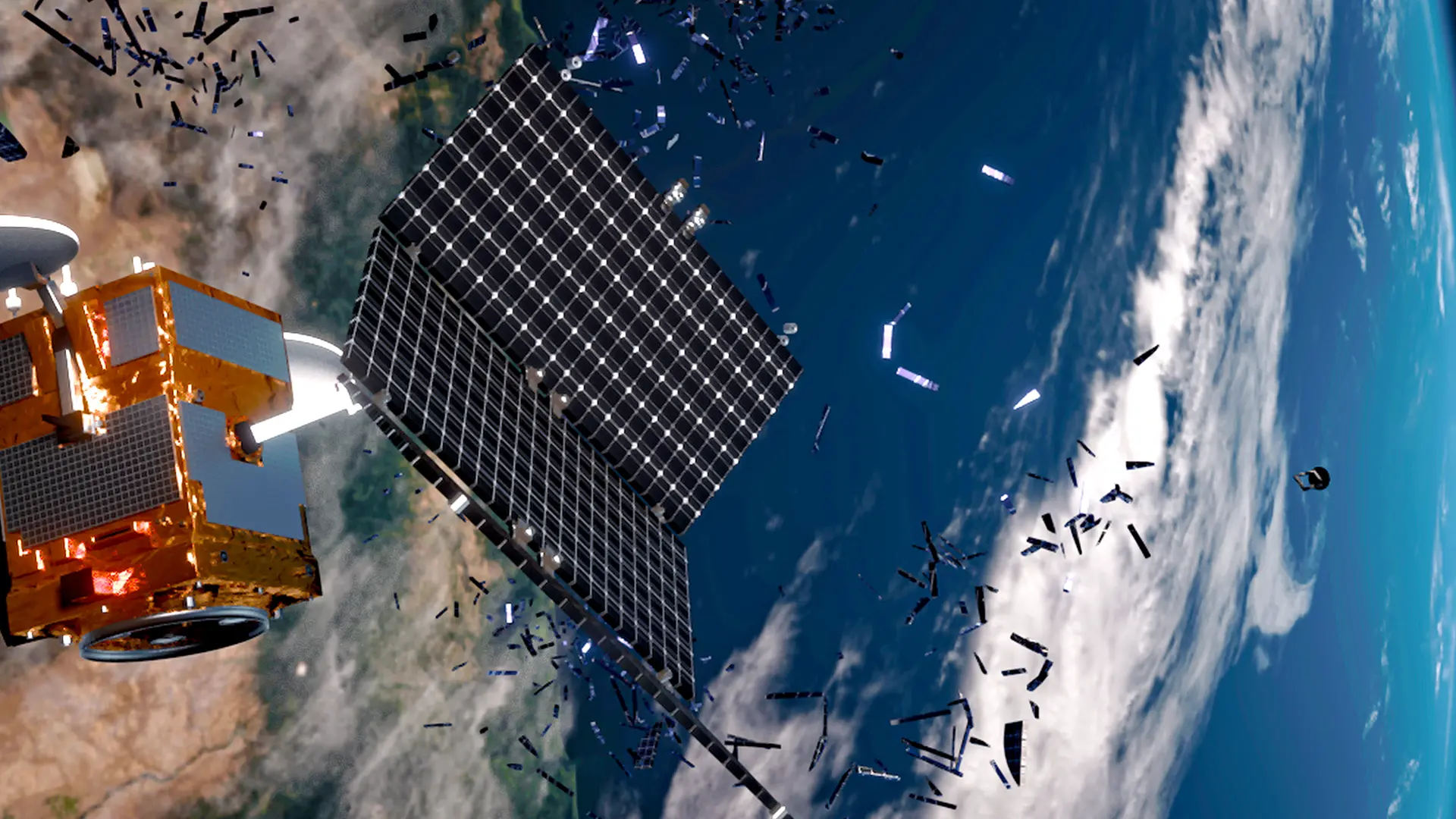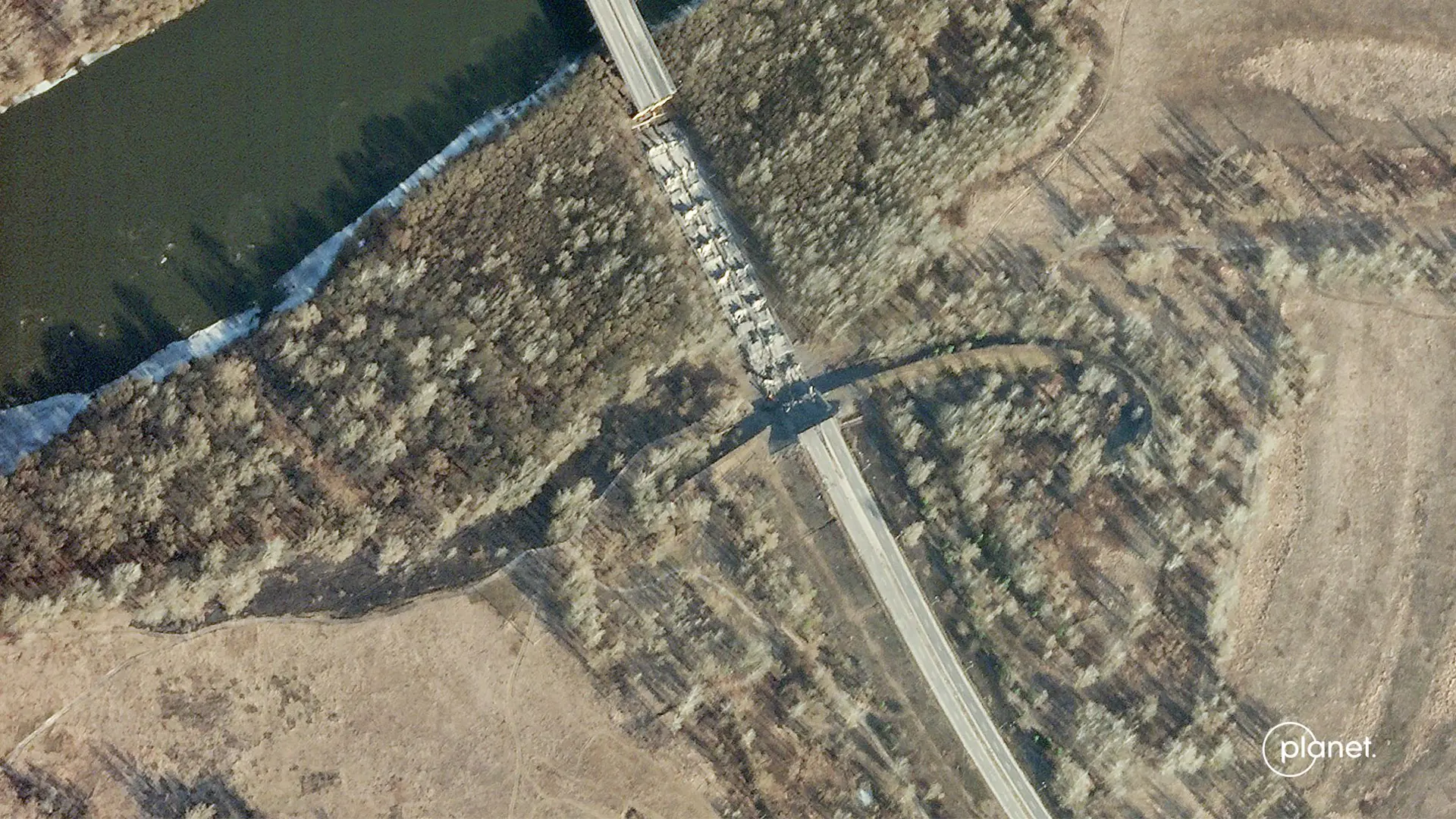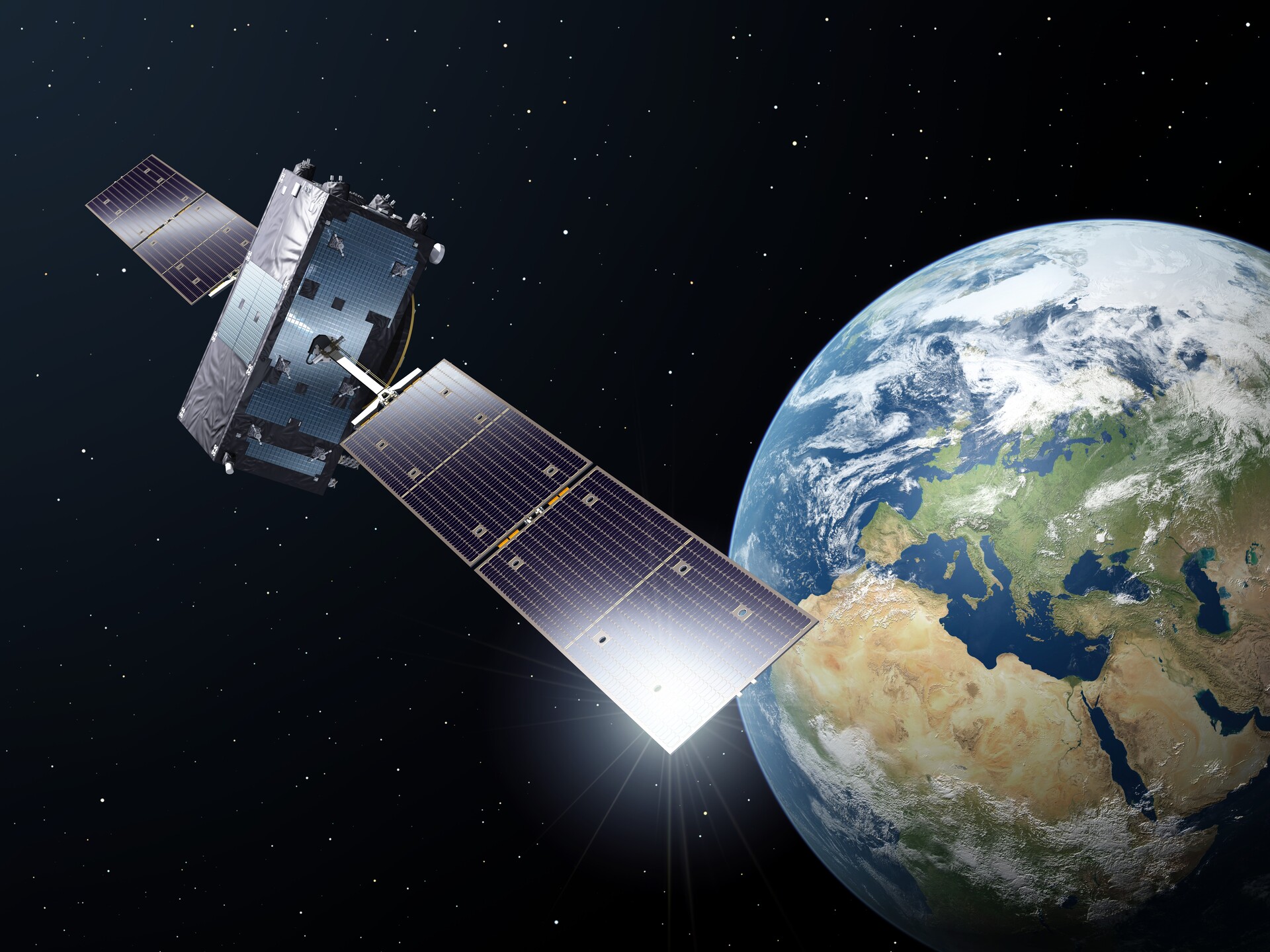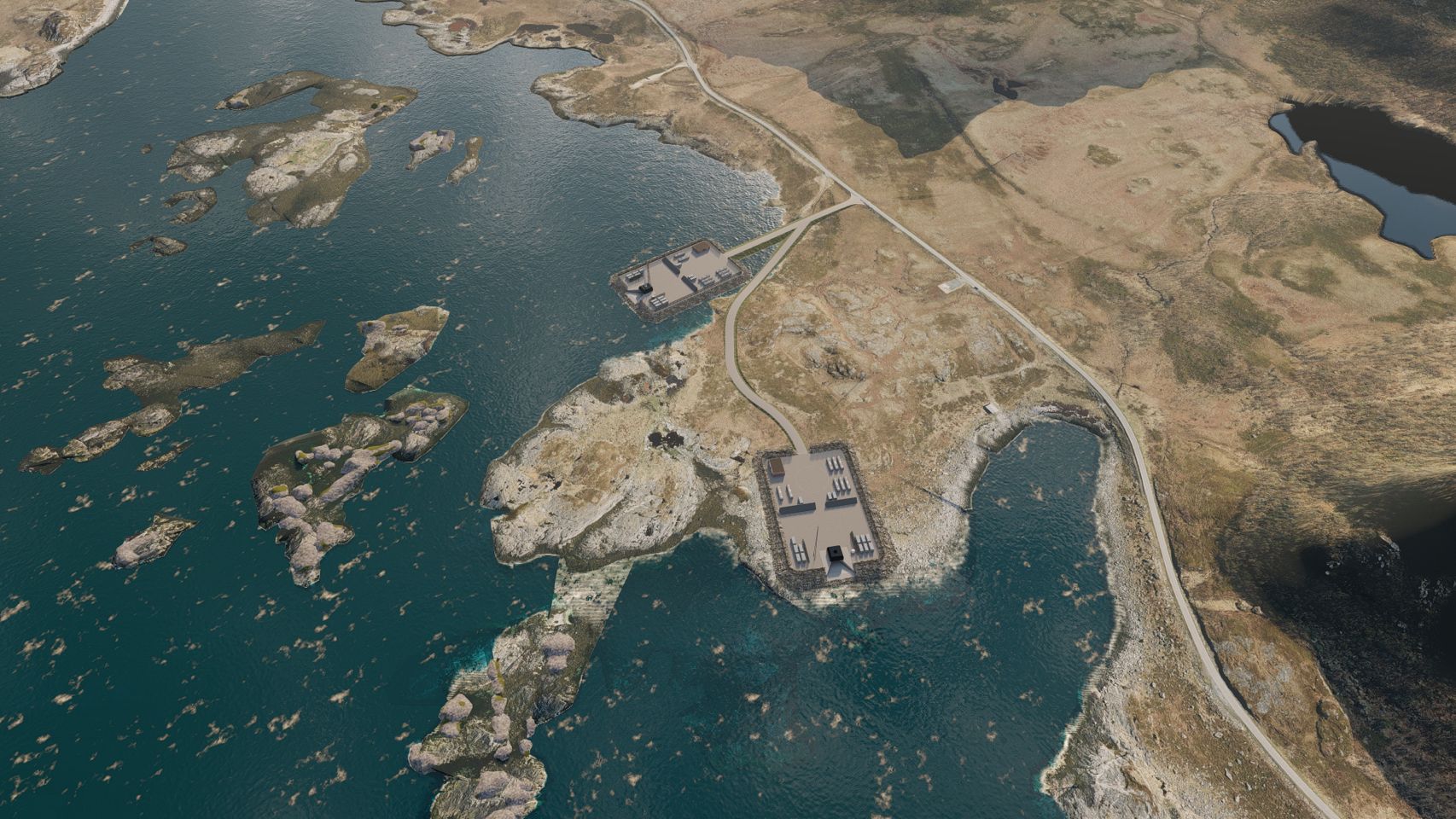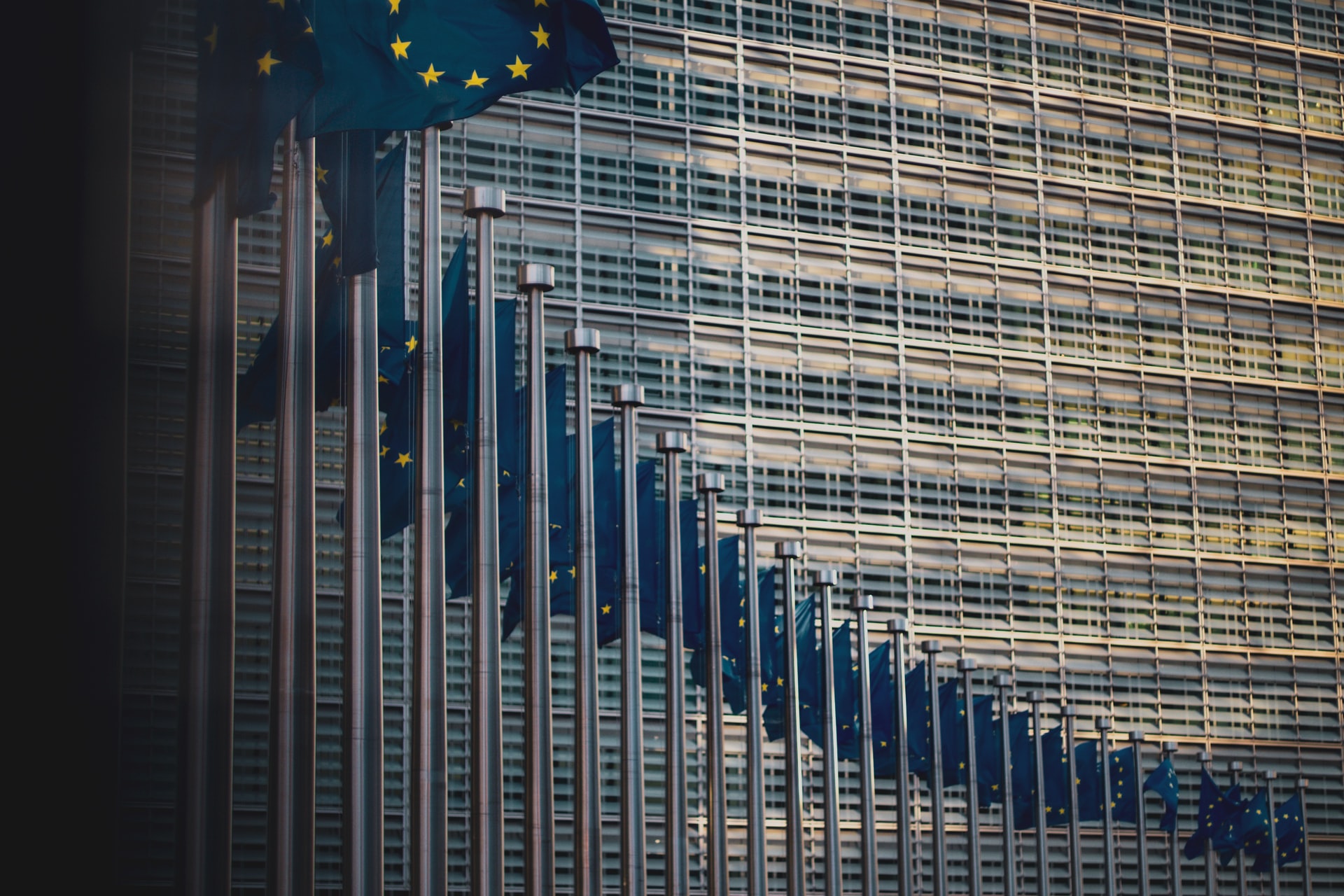
EU votes to set up IRIS² satellite constellation
Published on Tue, 14.02.2023 – 19:28 CET in Politics, covering EuropaAlready considered a mere formality in November 2022, the European Commission has now voted in Strasbourg. Item 4 of the plenary session on Tuesday 14 February 2023 was entitled "Union programme for secure connectivity 2023-2027". Specifically, it was about the development of the European satellite constellation IRIS2. The result is obvious.
In a roll-call vote, MEPs were asked to vote in favour of the project. It is a decision that involves considerable financial resources. The EU will invest €2.4 billion to build an independent constellation of satellites. The European Space Agency (ESA) and private companies will contribute a further 3.6 billion. But what sounds like a tough process, long debates and a close decision was more than clear from the result. Of the 648 votes cast, 603 were 'yes' and only 6 'no', with 39 MEPs abstaining.
IRIS2 is "nothing less than a revolution in European spaceflight"
Niklas Nienass, a member of the Greens/EFA group in the European Parliament, has been campaigning for a European satellite constellation for years. "With IRIS2, Europe is taking a big step into the new space age," says the Green MEP. "What is going to follow from this is nothing less than a revolution in the European space industry".

Back in November 2002, EU Internal Market Commissioner Thierry Breton announced the European Commission's decision to set up IRIS2 with the words "This is historic". The space industry, however, reacted with both enthusiasm and criticism. Only 30 percent of the 3.6 billion euros to be raised by ESA and the private sector is earmarked for young companies. The total of €1.08 billion is offset by €2.52 billion for established players. This has been criticised by, among others, the German government, which hopes to strengthen competition by including NewSpace start-ups.
Critical infrastructure in space - satellites essential to sovereignty
IRIS2 - which stands for "Infrastructure for Resilience, Interconnection & Security by Satellites" - is being portrayed in many media as a "competitor to Elon Musk's Starlink". But these click baiting headlines miss the point. While Starlink does indeed provide a functional and operational satellite network, it is by no means unrestricted in its use. "Unfortunately, we see the importance of this independence every day in Ukraine," says Nienass. An incident in 2022 illustrates what he means. At the time, SpaceX shut down Starlink terminals in Ukraine because of unpaid bills. They were used by the military to communicate despite large areas of destroyed infrastructure.
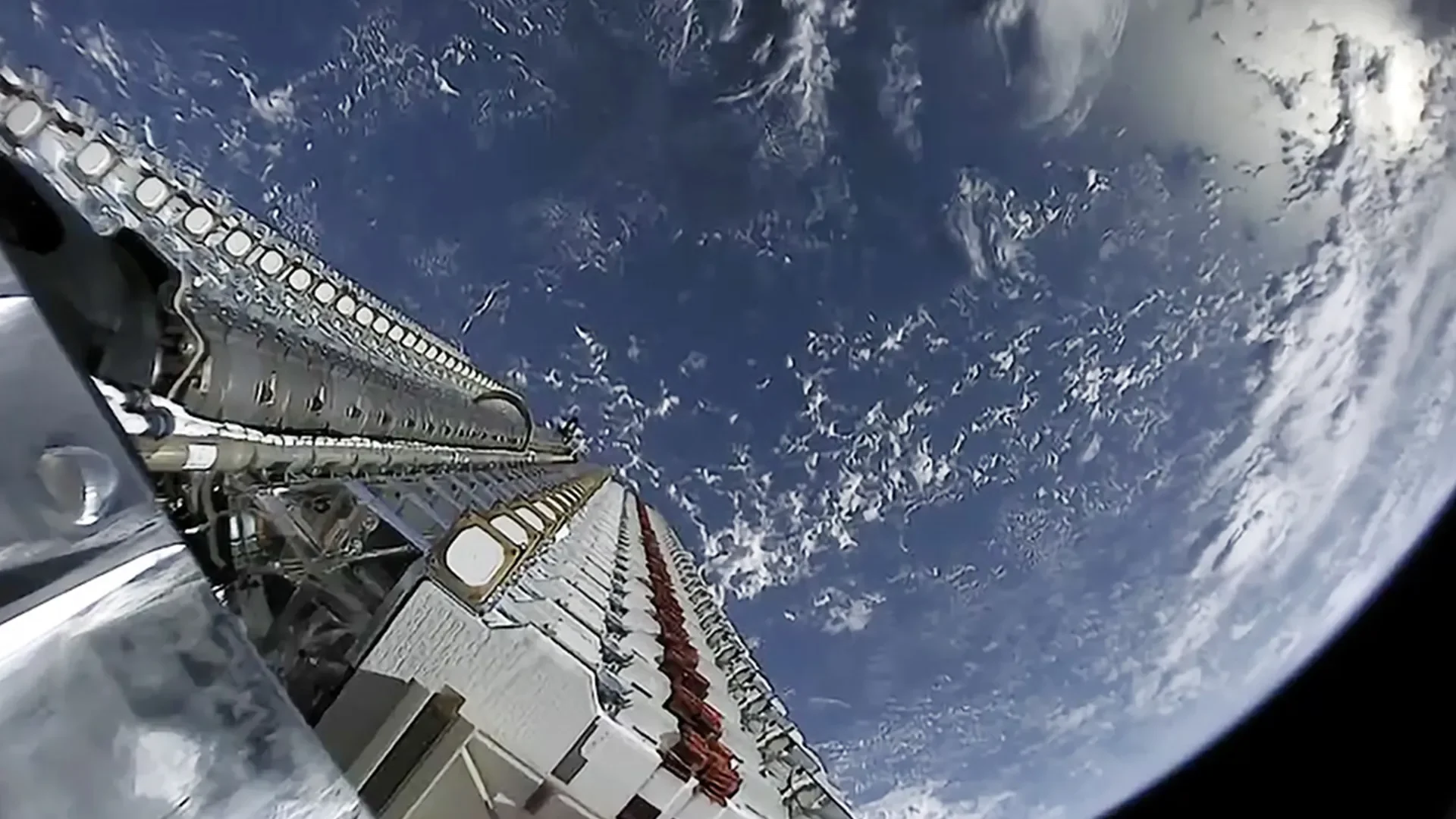
The satellites used for IRIS2 will not only provide a sovereign solution, but will also enable secure and robust communications. To this end, data will be transmitted in quantum-encrypted form. IRIS² is expected to be operational as early as 2027. According to Nienass, it is now important for the Commission to launch an attractive call for tenders so that companies will be able to participate strongly and offer additional services to citizens.
Praise and criticism for European Commission
No limit on connection costs
In the debate on the development of the satellite constellation, Mr Nienass found words of both praise and criticism for his colleagues in the Commission. He emphasised that competition between the most creative minds leads to the development of space-based services, satellites and rockets at the highest level. And that's what they want, he said. IRIS2 would also make the Internet available in remote and rural areas and close coverage gaps. He criticised the fact that the Green amendment to limit the cost of an Internet connection via IRIS2 to 10 euros per month was not supported.
Sustainability also implemented in space
On the other hand, the 30-year-old was full of praise for the fact that the sustainability criteria he proposed had been listened to. "However, my colleagues, I must also praise you very much because not only have you adopted, but even embraced my proposals for sustainability criteria, which shows that you truly have a revolution in space in mind," said Nienass. For him, this is also a first step towards an international and European space law. Ultimately, they would also lead to a revision of international space law as a whole. This is a particularly important point for the Green politician. Not only does he reject the US-initiated Artemis Accords, he is also in favour of reviving the Moon Treaty. This would be "the revolution of the international spaceflight".
